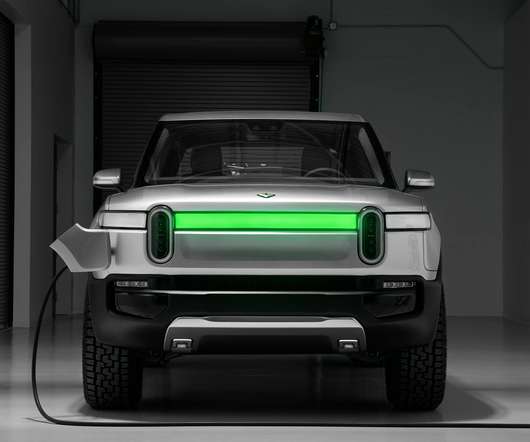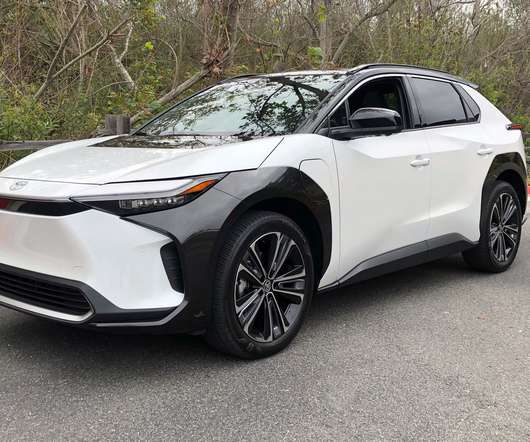European car market logs best year for alternative fueled vehicles, lowest diesel share since 2001
Green Car Congress
FEBRUARY 4, 2019
Diesel vehicles posted their lowest market share since 2001, as demand fell by double digits in 20 of the 27 markets included in JATO’s analysis, with the biggest drops in the UK (-30%), Scandinavia (-22%) and Benelux (-22%). —Felipe Munoz, JATO’s global analyst. and recorded its lowest volume since 2014. market share.





















Let's personalize your content